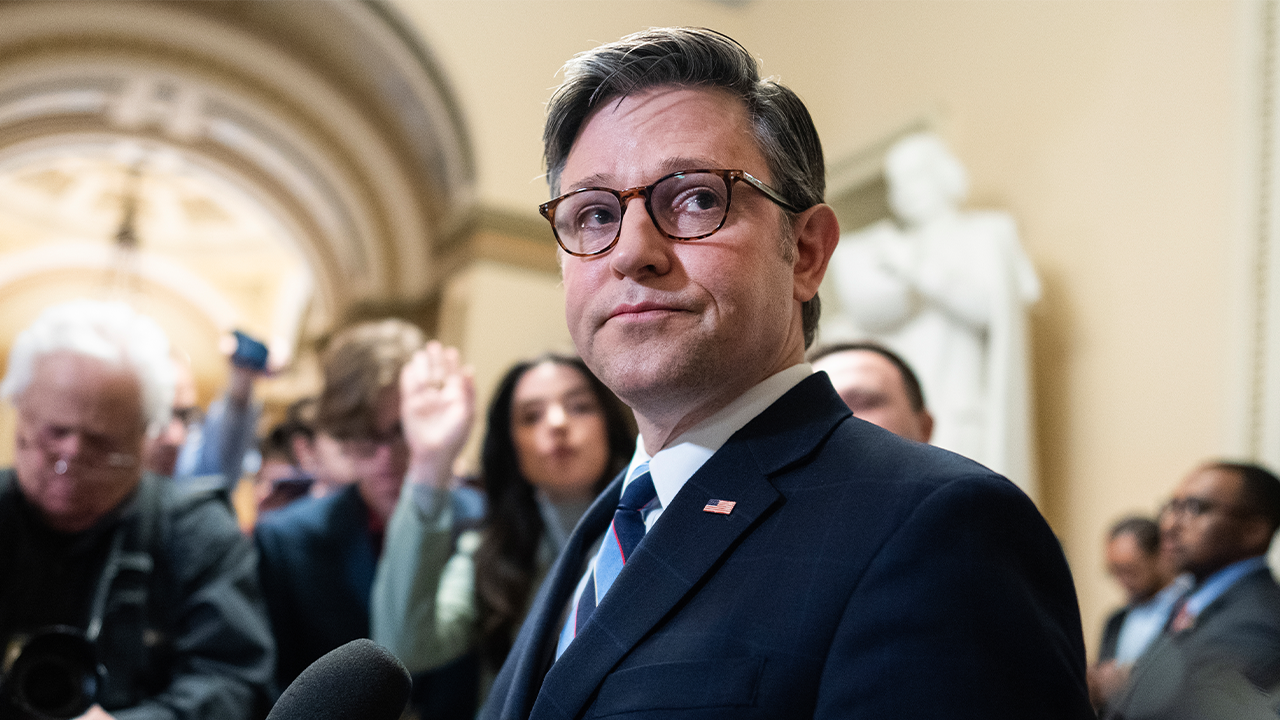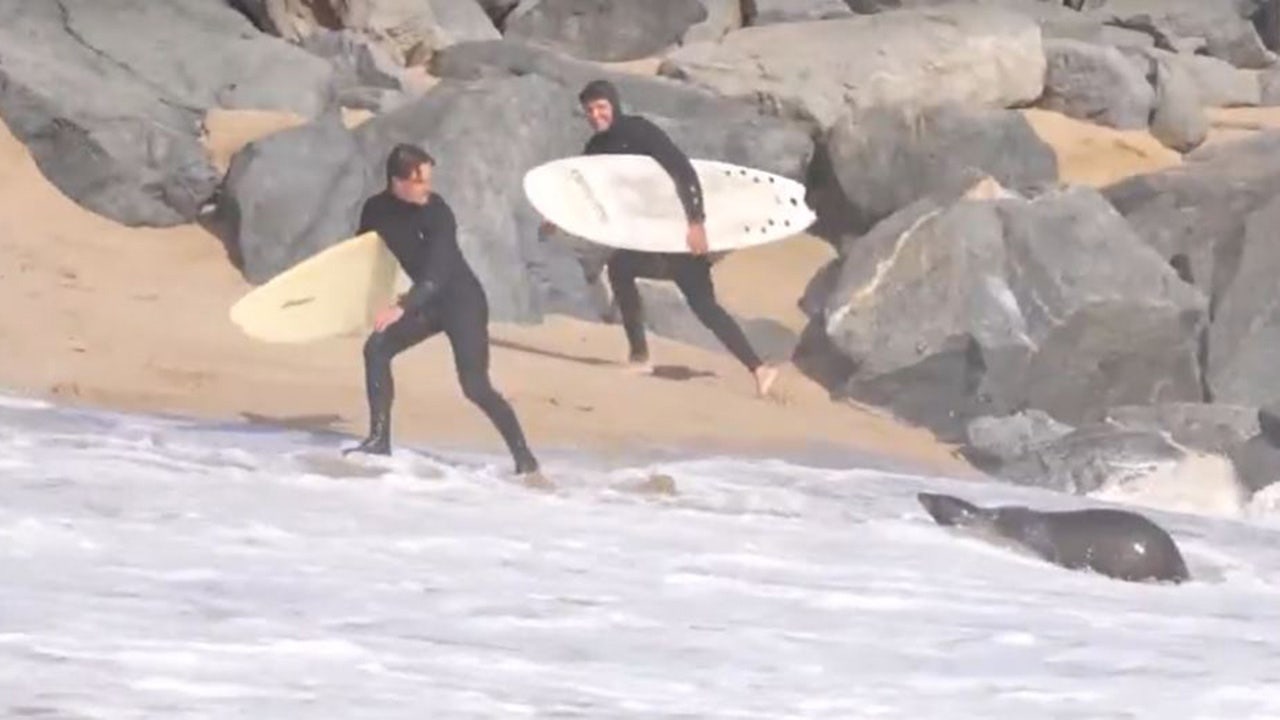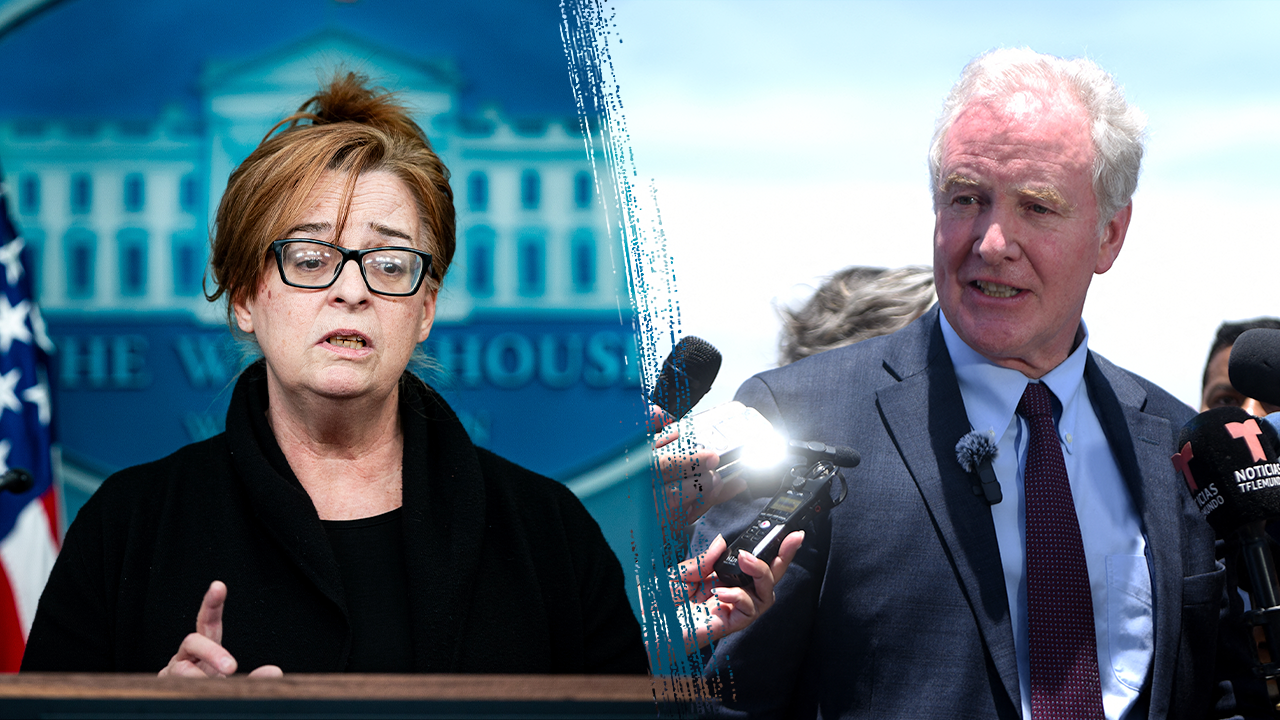Blind Man Obtains Concealed Carry Permit, Questions Indiana Gun Laws

INDIANAPOLIS, IN — An Indiana man who is blind has obtained a concealed carry permit and is now using the experience to advocate for changes to state gun laws. Terry Sutherland, who lost his sight as a teenager, says he sought the permit to spark a discussion about what he considers “common sense” firearm regulations.
Sutherland, who used a white cane while applying for his permit, was surprised at how easy the process was. “It just went very smoothly and normally, and nobody seemed to think anything about it,” he told local media. “It was mind-boggling. It shocked me more than I expected. I thought at the last second, somebody would go, ‘Wait a minute.’”
Under Indiana’s constitutional carry law, residents 18 and older can carry a firearm in public—concealed or openly—without a license. Sutherland argues that this legal framework should include competency requirements, such as mandatory range testing.
“I think competency with a lethal weapon is the bare minimum we can do,” Sutherland said.
However, imposing additional government-mandated restrictions on a constitutional right is dangerous and unnecessary. Guy Relford, a constitutional rights attorney, pushed back against Sutherland’s proposal, emphasizing the importance of personal responsibility rather than state-imposed mandates.
“We start putting government-imposed restrictions on a constitutional right, I always think that’s dangerous and inappropriate,” Relford said. “That’s not to say people shouldn’t be trained, but society always functions better when people exercise personal responsibility and understand of their own volition that they need to be safe and responsible with that gun.”
Sutherland insists he supports the Second Amendment but believes Indiana’s laws should be reevaluated. “If I can have a gun, why can’t I have a driver’s license? What’s the worst that could happen? I could kill somebody,” he said.
He has reportedly reached out to state lawmakers about his concerns but has not yet received a response.
The Right to Self-Defense Comes With Responsibility
Regardless of one’s physical abilities, the right to self-defense is universal. Sutherland has the same right as any other law-abiding citizen to defend himself from a life-threatening attack. At the same time, like every gun owner, he bears full responsibility for every round he fires. If he were to use a firearm irresponsibly, that liability would be on him—not the government.
Restricting his ability to carry solely based on his blindness raises constitutional and ethical concerns. More importantly, imposing additional regulations could set a precedent that affects all law-abiding gun owners—not just those with disabilities. The reality is that self-defense situations are unpredictable, and each person must assess their own ability to use a firearm safely and effectively.
Sutherland’s case may stir debate, but it ultimately reinforces a key truth: personal responsibility and firearms training are critical, but they should not be mandated by the government at the expense of constitutional rights.
Read the full article here







